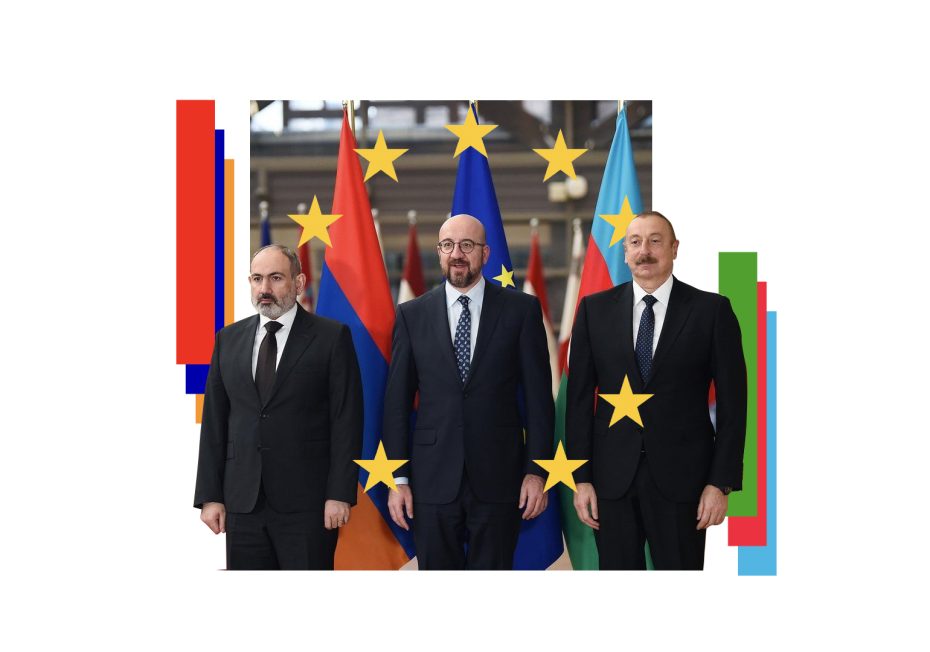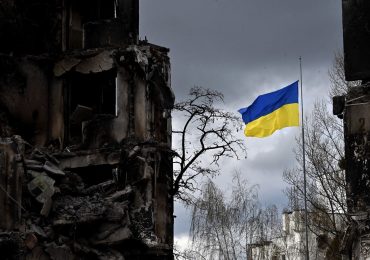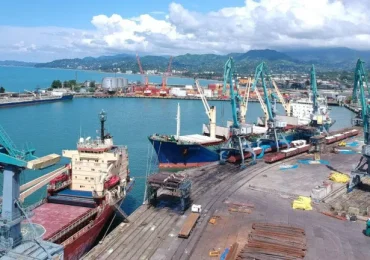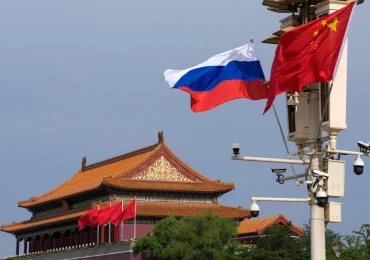A month after heavy clashes, Armenia and Azerbaijan seem to be finally getting closer to establishing peace. On October 6, Azerbaijani President Ilham Aliyev and Armenian Prime Minister Nikol Pashinyan along with French President Emmanuel Macron and European Council President Charles Michel met in Prague on the sidelines of the inaugural summit of the European Political Community. Following the roundtable, Armen Grigoryan, the head of Armenia’s National Security Council (NSC), made a statement that by December Yerevan would sign a comprehensive peace agreement with Baku as Armenia and Azerbaijan had finally agreed on a timetable of actions to settle the conflict, including the issues of border demarcation and delimitation. Simultaneously, in his interview with TVNET Channel, the Foreign Minister of Turkey, which is Azerbaijan’s closest ally, Mevlud Çavuşoğlu, called the agreement “an important opportunity” and mentioned that Azerbaijan and Armenia have already agreed on the main principles of the peace agreement.
For the two countries’ relations marked by 30 years of confrontation, the potential peace agreement could be a game changer for the normalisation of unsettled relations. The content of the treaty is not yet clear, nevertheless, based on recent statements from the two countries’ authorities, it seems likely to include mutual territorial recognition, which could be a major achievement in settling the conflict. The peace deal will decrease the possibility of further clashes between the two neighbours.
The agreement to sign a peace deal is largely driven by a fresh diplomatic push from the West. Even though the EU and US were absent in the 44-day Karabakh war and subsequent peace talks, they have been trying to increase their role in conflict resolution and push forward peace negotiations. The EU hosted a series of roundtables for representatives of the two South Caucasian countries since December 2021. The EU’s one of the highest-ranking representatives – the President of the Council of Europe, Charles Michel was personally involved in the dialogue. The US has also increased its engagement by providing the necessary ground for negotiations between the two countries’ officials in Washington. Nonetheless, the recently increased emergence of the West in the reconciliation process between Baku and Yerevan can largely be defined by Russia’s absence in the region, which has been occupied with its military struggles in its invasion campaign of Ukraine.
Furthermore, on October 17, EU foreign ministers also agreed to send a mission to monitor the Armenia-Azerbaijan border. According to the European Council, the team will consist of up to 40 EU monitoring experts along the Armenian side of the international border with Azerbaijan with the objective of “monitoring, analysing and reporting on the situation in the region” and would “in principle” last no more than two months. Even though the mission will last only a short time, it is unprecedented for the EU to engage in the reconciliation process between Armenia and Azerbaijan so closely.
The Kremlin has been largely absent from events that took place in the first half of September in the South Caucasus. Moscow’s reluctance to aid its ally Armenia has even led to public frustration in Yerevan as Armenian protesters gathered to demand the country’s withdrawal from the Moscow-led Collective Security Treaty Organization (CSTO). The West’s active emergence in the conflict resolution processes between Baku and Yerevan is worrisome for the Kremlin. Yet, it cannot really do more than making statements blaming the West in attempting to “squeeze out Moscow’s efforts and wedge into the settlement of relations between Baku and Yerevan.”
The West’s engagement in the South Caucasus and the potential deal cannot guarantee sustainable peace. The biggest obstacle could be Azerbaijan’s approach of pursuing a coercive strategy for the sake of gaining a better stance in negotiations. This raises concerns that there is some possibility that pressure and even military attacks by Azerbaijani may continue. However, it is noteworthy to mention that if the December peace deal is successfully reached by both parties and the border demarcation and delimitation processes begin, the probability of border clashes will decrease significantly. For this to happen both Armenia and Azerbaijan will have to make concessions. At the same time, Baku is interested in becoming a large energy exporter to the EU and it might not be interested in risking undermining the deal mediated by the West. For now, the evidence of the potential agreement seems to be promising. At the same time, it cues a shift from Russia-led mediation to Western-led initiatives. Considering Russia’s militarily struggles, it might find it hard to get back its leverage in the South Caucasus. The peace deal may even make the need for Russian peacekeeping troops on the Azerbaijani territory irrelevant.

















